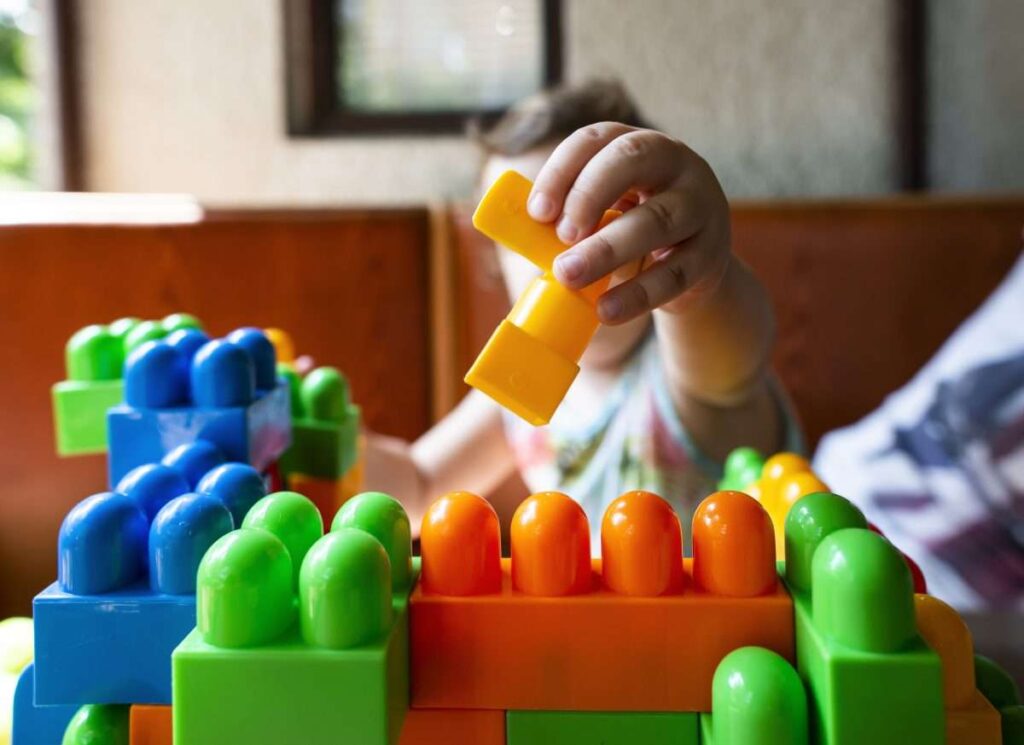What to Tell Your Kids About Life Changes at Home (And What to Avoid Saying)
This is one of the hardest conversations any parent will ever face. The emotional weight of telling your children that their family life is about to change can feel overwhelming. Your goal is to guide them through this transition with honesty, reassurance, and as little emotional harm as possible.
For a child, a divorce or separation can feel like an intense loss. As HelpGuide.org notes, these changes can shake a child’s sense of safety and belonging. That’s why it’s so important to approach the conversation with a plan — one that blends emotional care with clear understanding of what’s ahead for your family.
Key Takeaways
- Plan Together, Present a United Front: Work with your co-parent on a consistent message. Unified communication gives children emotional security.
- Reassure, Reassure, Reassure: Make sure they know it’s not their fault and that both parents will continue to love them.
- Avoid Blame and Adult Details: Keep explanations free from conflict or unnecessary complexity.
- Tailor to Their Age: Adjust your tone and level of detail based on your child’s developmental stage.
When Legal Clarity Helps Shape the Conversation at Home
Before talking to your children, it’s crucial that you, as parents, fully understand what’s happening — both emotionally and practically. Many parents find that after meeting with a legal representative, they can speak to their kids with more calm, confidence, and honesty.
An attorney helps clarify what lies ahead: where each parent may live, how parenting time could be structured, and what certain terms like “custody,” “visitation,” or “shared parenting” truly mean. Compassionate Raleigh family lawyers can guide parents through these details with practical legal insight, ensuring every decision aligns with both the child’s best interests and the legal standards in North Carolina. Once parents know what’s likely to stay the same and what will change, they can translate that understanding into age-appropriate reassurance for their children.
This clarity matters. Children often ask concrete questions — “Will I still see Mom every day?” or “Will we have to move?” — and being able to answer truthfully builds trust. Getting clear guidance first also helps parents avoid giving mixed messages or false hope.
In short, when you understand your family’s new structure and rights, you can have a calmer, more compassionate conversation that reflects stability and truth — two things children need most during big life changes.
The Foundation: Before You Say a Word
A successful conversation begins with preparation. Just as you would prepare thoughtfully for the legal process, take time to prepare emotionally with your co-parent. Planning together helps minimize confusion and keeps the discussion focused on reassurance.
Create a United Front
Even if your relationship is strained, agree to approach this talk as partners in parenting. Presenting a consistent message helps your children feel secure. In light of the information presented by Nationwide Children’s Hospital, family law professionals and child psychologists alike emphasize this approach — it mirrors the foundation of a healthy co-parenting plan: putting the child’s best interests first.
Plan the Logistics
The how of the conversation matters as much as the what:
- When: Choose a calm, unrushed moment — a weekend morning often works better than a busy weekday.
- Where: Have the talk in a familiar, private space at home where children feel safe.
- Who: Ideally, both parents should be present and share the same message.
Approaching it together not only offers emotional consistency but also models cooperation — something children will need to see as your new family structure takes shape.
Outline Your Core Message
A clear, unified message provides the reassurance children need most. Work with your co-parent, and if needed, seek input from a family mediator or counselor to create a message that’s emotionally safe. Avoid lengthy explanations or blame. Focus on what’s important: love, security, and honesty.
Key Messages to Share with Your Children

Start with Unconditional Love
Begin by grounding the conversation in love:
“We both love you very much, and that will never change.”
This sets the emotional tone and immediately reassures your children that your love remains constant.
State the Change Simply and Clearly
Children need clear, simple words — not euphemisms.
“Mom and Dad have decided to stop being married and will live in different homes.”
Avoid phrases like “taking a break” that can create confusion or false hope.
Reassure Them It’s Not Their Fault
Children often internalize guilt. Make sure they hear this directly:
“This is a grown-up problem. You didn’t cause it, and there’s nothing you could have done to stop it.”
Repeat it as often as needed — reassurance builds emotional safety.
Explain What Will Stay the Same
Highlight continuity to counterbalance the fear of change:
“You’ll still go to the same school.”
“We’ll both be at your soccer games.”
These small assurances mean a lot.
Explain What Will Be Different (Gently)
Be honest, but kind:
“Dad will have a new home nearby, and you’ll have your own room there too.”
Keeping the tone calm helps your children adjust without feeling overwhelmed.
The “Do Not Say” List: What to Avoid at All Costs
Certain communication missteps can cause confusion or long-term hurt.
- Don’t Blame the Other Parent: Children should never feel like they must choose sides.
- Don’t Overshare Adult Details: Keep adult issues — finances, conflicts, or legal matters — between adults.
- Don’t Make Unrealistic Promises: Don’t say “nothing will change” or suggest reconciliation if that’s not certain.
- Don’t Use Your Child as a Messenger: Keep all adult communication between you and your co-parent, not through your kids.
These boundaries protect children from emotional strain and help maintain stability during the transition.

Moving Forward Together
This first talk isn’t the end — it’s the start of ongoing communication. Your children will have more questions, and your openness and patience will help them adjust.
If you’re uncertain about how to navigate parenting changes or co-parenting arrangements, consider speaking with a family law attorney. They can clarify what to expect and help you create a plan that supports both your children’s well-being and your parental rights.
Handled with care and clear understanding, this moment can become a foundation for resilience, trust, and a renewed sense of family stability — built on love, honesty, and informed guidance.


